Tag: classical education
-

Classical Education and the Rise of A.I.
Since the early days of the classical education renewal movement, one of the primary distinctives of a classical education has been strong academics. Through books like The Well-Trained Mind and Recovering the Lost Tools of Learning, classical educators have sounded a clarion call back to a tradition that offers a challenging yet rewarding academic program…
-
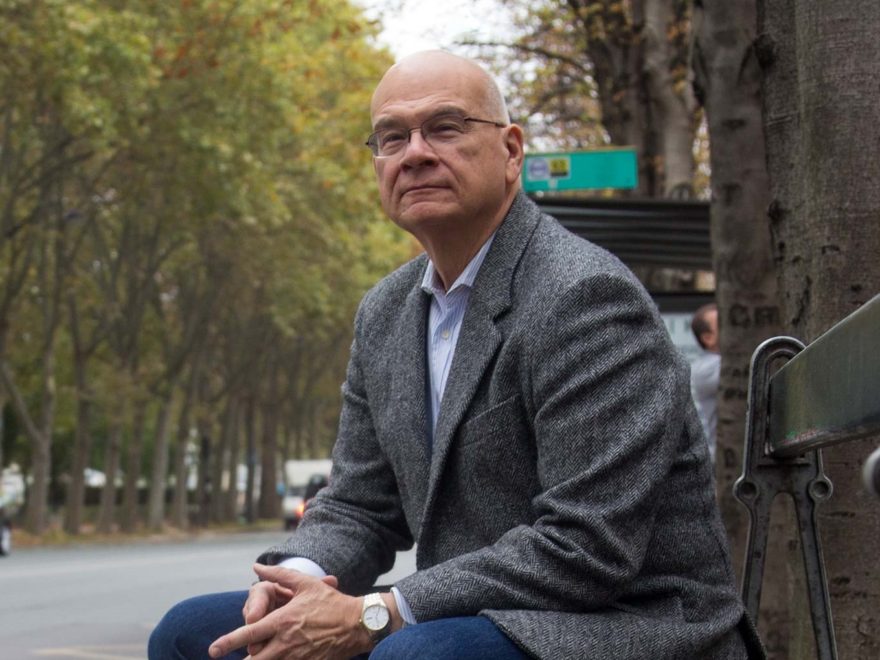
Proclaiming the “True Myth”: Tim Keller’s Ministry and Classical Education
I was first exposed to the ministry of Dr. Timothy Keller in college while pursuing a degree in philosophy and reading through the western canon of Great Books. Immersed in the intersection of Christian discipleship and the life of the mind, I found in Keller a comforting voice that resonated with many of the questions…
-
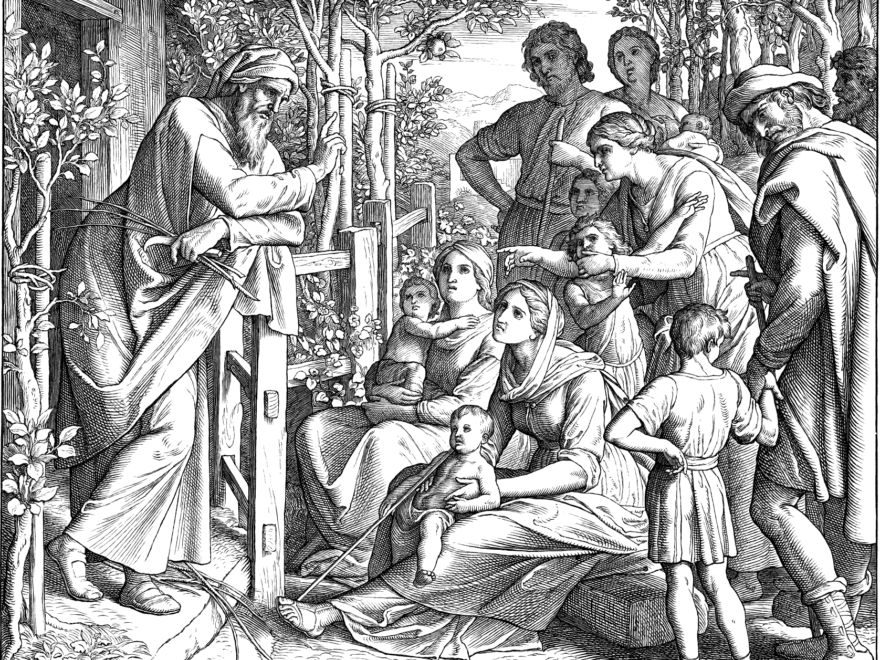
Why Classical Education Needs a Theology of Wisdom: A Foundation for Wise Integration in the Modern World
The modern world of education is characterized by the opposites of integration: isolation and reductionism. Colin Gunton, in the 1992 Bampton Lectures at Cambridge, entitled The One, The Three and the Many: God, Creation and the Culture of Modernity, uses the terms, “disengagement” and “fragmentation” to describe the predicament of modernity. The term “disengagement” he…
-

The Classical Notion of Self-Education for Today
In her lecture at Oxford in 1947, Dorothy Sayers remarked, “Is it not the great defect of our education today, a defect traceable through all the disquieting symptoms of trouble that I have mentioned, that although we often succeed in teaching our pupils ‘subjects,’ we fail lamentably on the whole in teaching them how to…
-
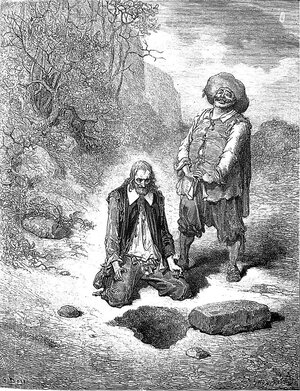
Virtue Formation and Rightly Ordered Loves
The cultivation of virtue is unarguably a core objective in the classical vision for education. In contrast to knowledge acquisition or skills mastery, growing virtue in our students is about strengthening their internal moral structure. It is fundamentally a project of formation, changing a person for the good in pursuit of it. Interestingly, Augustine of…
-
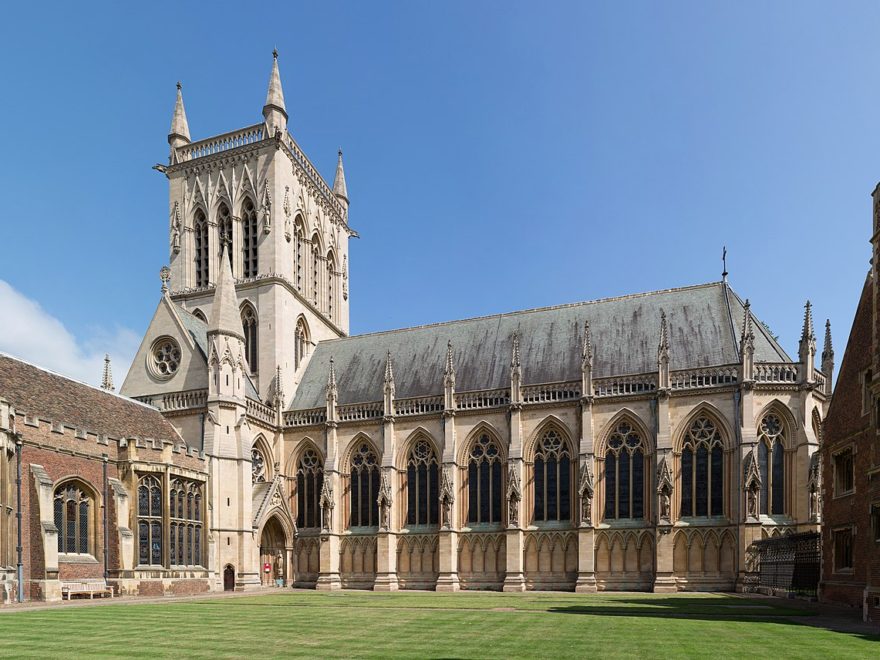
Counsels of the Wise, Part 3: The Practical Nature of Prudence
In this series we are recovering several lost goals of education by exploring Aristotle’s intellectual virtues as replacement learning objectives for Bloom’s taxonomy. Prudence or practical wisdom (phronesis) is one such lost goal, which is endorsed by the biblical book of Proverbs and the New Testament, even if Aristotle’s exact terminology is not adhered to.…
-

7 Notable Schools: Educational Renewal across the Globe
I visited Ireland a few weeks ago and met with a group of homeschool parents just outside Dublin. As I was presenting on Charlotte Mason’s method of narration, it struck me that the principles and values of our educational renewal movement are not beholden to one single culture. Across the globe a Christian liberal arts…
-

Apprenticeship in the Arts, Part 6: The Transcendence and Limitations of Artistry
In this series on apprenticeship in the arts we have laid out a vision for the role of the arts in a fully orbed classical Christian education. We began by situating artistry or craftsmanship within a neo-Aristotelian and distinctly Christian purpose of education: namely, the cultivation of moral, intellectual, and spiritual virtues. Then we explored…
-
2022 Summer Conference Edition
Welcome Summer Conference Attendees to Educational Renaissance The major classical Christian education conferences are now upon us. We begin with the Society for Classical Learning conference with the theme Recovering Beauty in Education June 15-18. This is quickly followed by the ACCS Repairing the Ruins conference June 22-25. Both conferences are in Dallas, and, if…
-
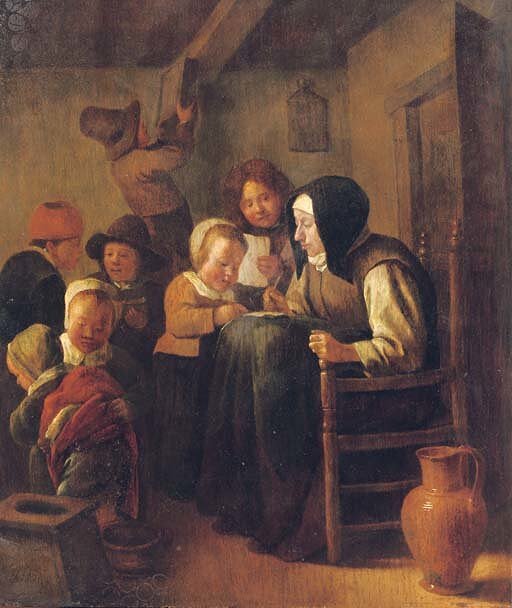
What is a Learner?: Reading Charlotte Mason through Aristotle’s Four Causes
The goals and aims of our educational renewal movement center not on the quality of our curriculum or the quality of our teacher. Instead, the quality of learning is the true test of whether we are providing something of lasting value and worth. To that end, I have taken a look at the learner and…
